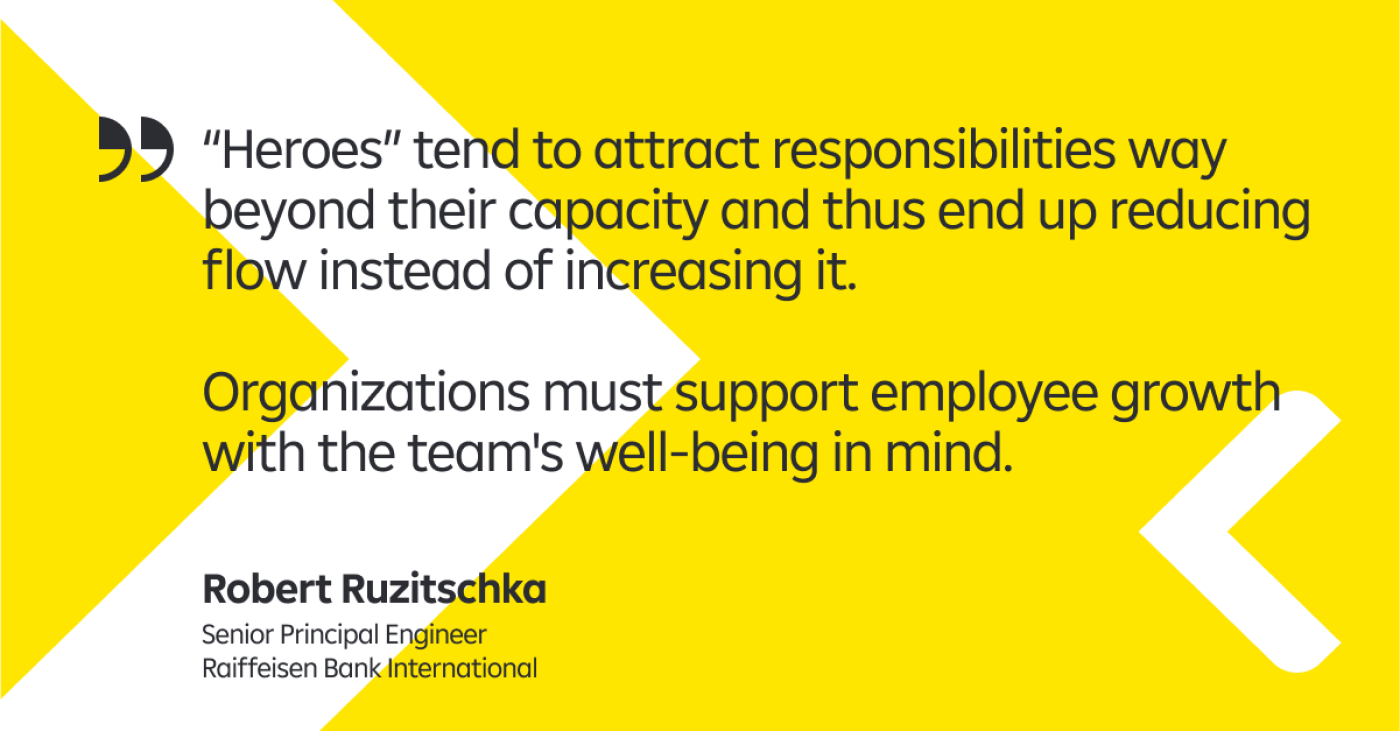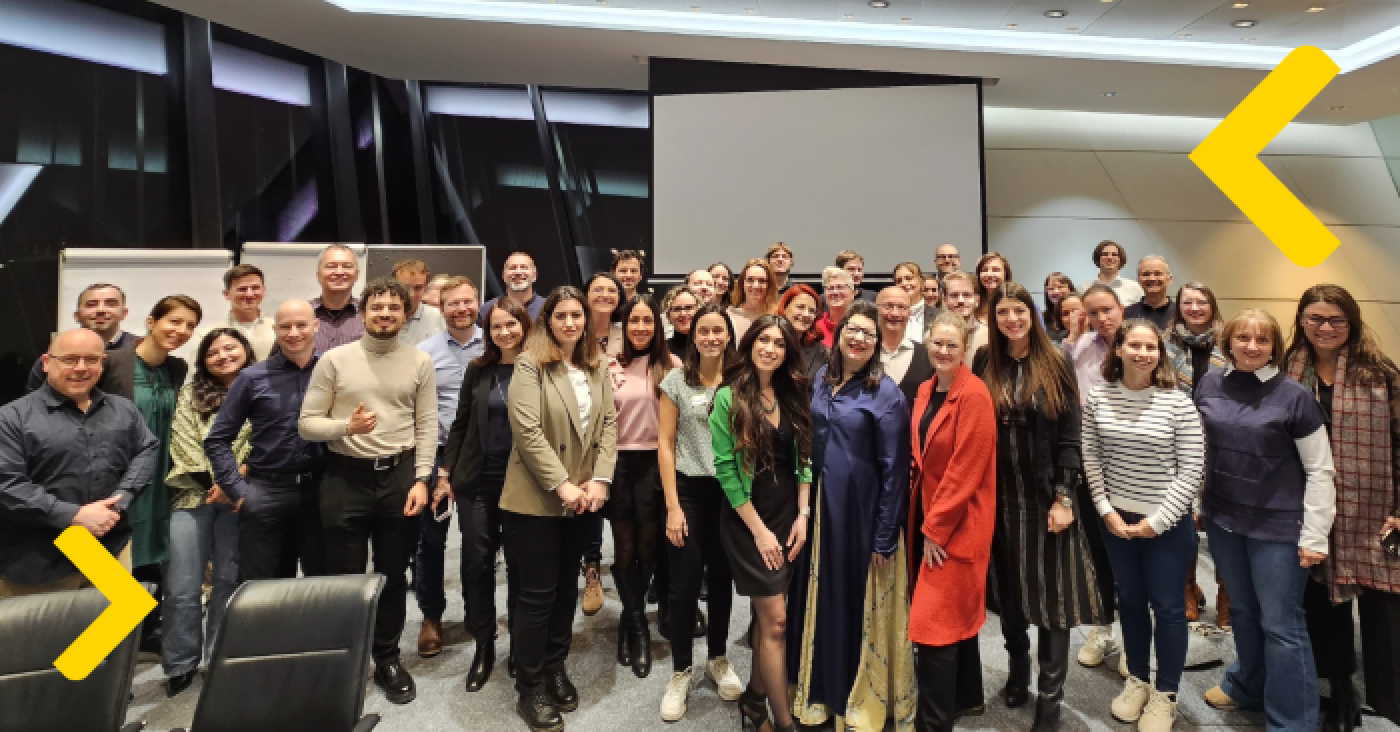
“We” instead of “I” - The team as the smallest unit of delivery in IT
In the fast-paced world of IT, the idea of the super developer can be both tempting and misleading. Robert Ruzitschka, Senior Principal Engineer at Raiffeisen Bank, uncovers the risks of depending on individual heroes and highlights the true strength of teamwork. But does collaboration really boost our productivity?
The Legend of the “Super Developers”
You’ve probably heard of “super developers”—those heroes who achieve remarkable feats at lightning speed. While I’ve encountered many gifted individuals who deliver results quickly and add immense value to their teams, relying solely on these superstars isn’t sustainable. Their exceptional skills often lead them to take on too many tasks, becoming a bottleneck for the entire team.

As human beings, we thrive on meaningful interactions
One key principle in Team Topologies is the “Team First” approach. Teams, not individuals, are the smallest unit of value delivery. Engaging with colleagues fosters a sense of belonging. We generally like to share our accomplishments and concerns with others. Diverse experiences and skills provide opportunities to learn from each other and grow.
People tend to have a greater drive to perform when working in teams
From a more technical perspective, complex problems typically require non-trivial solutions. Diverse perspectives and solutions based on joint discussions can lead to more robust outcomes. This collaborative process fosters ownership, as team members feel a sense of autonomy over their contributions and embrace responsibility for their work's quality. Research shows that we are generally more productive when working together.
When adding more people reduces productivity
However, there’s a challenge: the cost of coordination. As teams grow, the effort to coordinate work increases faster than the team’s overall capacity, meaning that adding more people can actually decrease productivity. Research indicates that individual productivity gains plateau when team sizes exceed a certain threshold—typically around 10 to 15 members.
What should we take from this?
What I find interesting is that social aspects of collaborative work not only impact our wellbeing but do have a significant and measurable impact on our productivity. At Raiffeisen Bank International, you’ll experience an agile environment that promotes cross-team collaboration. You’ll join a community that thrives on shared experiences, participating in activities like hackathons, where learning from one another is essential to our collective success.

Apply Now
Don't watch your future happen. Make it happen.